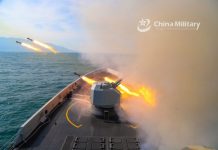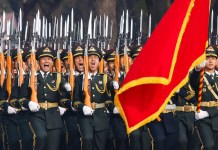The US Think Tank community is in shock as a renowned foreign policy scholar, defense strategist, and senior US adviser, Ashley J Tellis, has been arrested and charged with unlawfully retaining classified national defense information.
According to the FBI, Tellis, 64, may have passed classified documents to officials of the People’s Republic of China on at least one occasion.
The FBI affidavit cites several incidents over the past two months where Tellis allegedly entered the State and Defense buildings and was seen printing classified documents, including those about US military aircraft capabilities.
The affidavit further states that a search of Tellis’ residence in the US uncovered more than 1,000 pages of classified documents bearing “top secret” and “secret” markings.
The Indian-origin Tellis is a well-known name in US Think Tank circles and has served on the RAND Corporation and the Carnegie Endowment for International Peace, and currently holds the position of Tata Chair for Strategic Affairs and senior fellow.
Tellis has also served on multiple US government bodies over the last two decades, including the US Department of State, the National Security Council, and the Department of Defense, and has also served as a senior adviser to the US Ambassador at the Embassy of the United States, New Delhi.
Tellis’s serving on these prestigious bodies would have given him easy access to classified information and documents.
Furthermore, his position at Think Tanks and his reputation as a senior research scholar would have given him cover to travel to various countries and meet a diverse set of people.
This easy access to classified documents, policy makers, senior government figures, and intimate knowledge of internal government workings, and their ability to meet and converse with a diverse set of people from all over the world, are precisely the reasons why Think Tanks, academics, scholars, and archeologists have always been juicy targets for foreign spy agencies.
In fact, as shocking as it may sound, Ashley Tellis’s arrest over spying charges is not an exception, but fits into a long pattern of scholars and academics being recruited and used by spy agencies to serve their own interests.
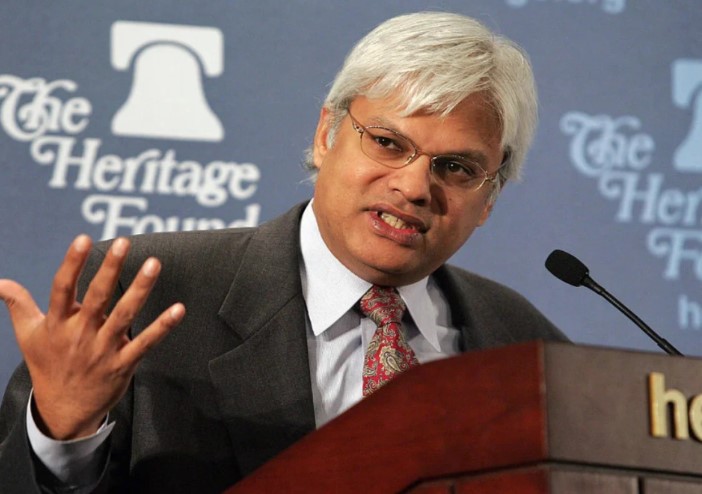
From ‘Lawrence Of Arabia’ To ‘Ashley Tellis’
More than a century ago, the British historian and archaeologist T.E. Lawrence, who later gained fame as the ‘Lawrence of Arabia’ (popularized by the 1962 Hollywood film of the same name), was recruited by British military intelligence in 1914, as the First World War broke out.
He conducted a survey of the Negev Desert for the British under the cover of archaeological research. The Negev was strategically important because an Ottoman army attacking Egypt would have to cross it.
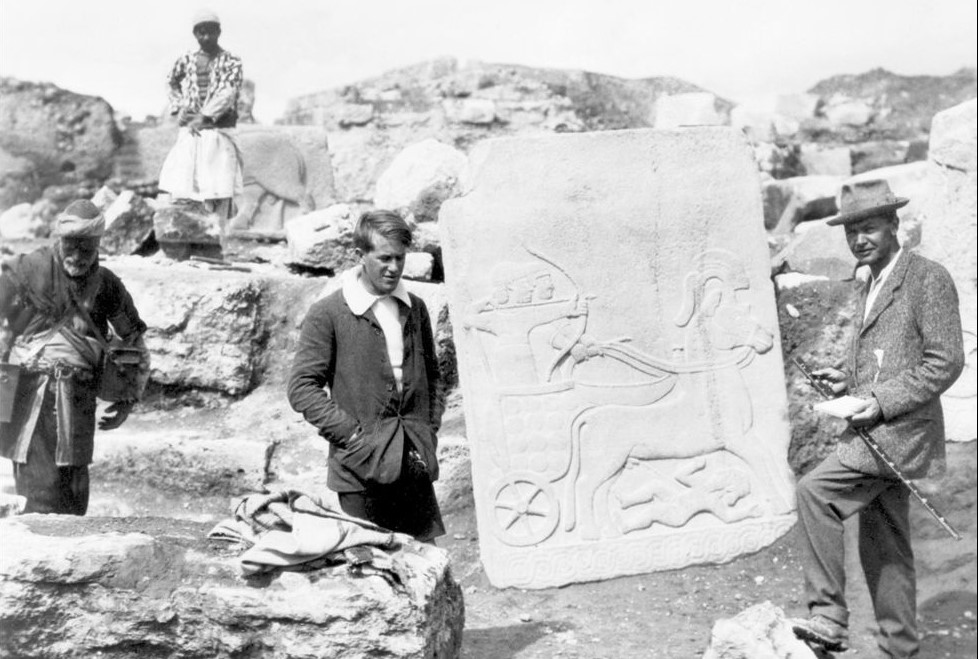
During the First World War, he helped the Arabs revolt against the Ottoman Empire. He himself participated in the capture of Damascus, thereby helping achieve the British war aims.
American scholars acted as spies during the two World Wars and the Cold War.
Almost a century ago, the seminal German-American anthropologist Franz Boas criticized the US for using archaeologists and anthropologists as cover for spying.
Any scholar “who uses science as a cover for political spying, who demeans himself to pose before a foreign government as an investigator and asks for assistance in his alleged researches in order to carry on, under this cloak, his political machinations, prostitutes science in an unpardonable way and forfeits the right to be classed as a scientist,” Boas argued in his 1919 paper “Scientists as Spies,” published in The Nation.
In the paper, Boas charged that four American anthropologists, whom he did not name, had abused their professional research positions by conducting espionage in Central America, particularly Mexico, during the First World War.
In fact, there is a long tradition of archaeologists and anthropologists working as spies.
During the Second World War, the Harvard archaeologist Samuel Lothrop worked in Peru for the Special Intelligence Service (SIS), which J. Edgar Hoover created within the FBI to conduct intelligence operations in Central and South America.
A letter he wrote back home expresses his fears that his cover might be blown.
“As regards the archaeological cover for my work in Peru, it was based on the understanding that I was to be in the country six months or less. It is wearing thin and some day somebody is going to start asking why an archaeologist spends most of his time in towns asking questions.”
Commending his work, an FBI evaluation reported that headquarters “occasionally receive[s] information of sufficient importance from Mr. Lothrop to transmit to the President.”
After the war, Lothrop returned to the US to resume his academic duties at Harvard’s Peabody Museum and the Carnegie Institute.
In the initial days of the Cold War, the atomic bomb designs were the biggest secret. In the US, multiple nuclear scientists, some even associated with the Manhattan Project, were arrested and even convicted for spying for the Soviet Union.
German-born theoretical physicist Klaus Fuchs, who worked on the Manhattan Project at Los Alamos, was sentenced to 14 years in prison in the UK for spying for the Soviet Union and passing nuclear secrets.
Similarly, many others associated with the Manhattan Project, such as David Greenglass, Theodore Hall, Harry Gold, and George Koval, were convicted of spying for the Soviet Union.
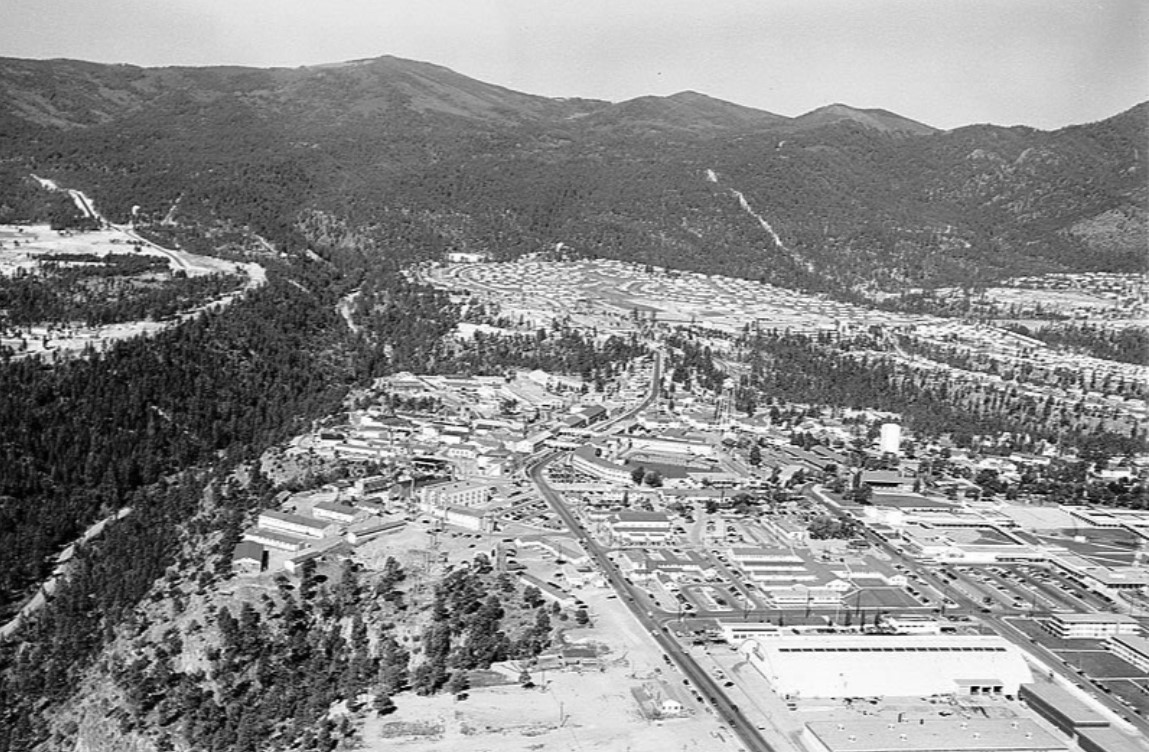
J. Robert Oppenheimer, also known as the father of the Atomic Bomb, was also questioned for spying for the Soviet Union, and his security clearance was revoked in 1953.
In the FBI archives, these scientists are known as ‘Atomic Spies’.
During the Cold War, American anthropologist Ruth Benedict and her colleagues worked for the RAND Corporation and the Office of Naval Research. In the Vietnam War, anthropologists worked on projects with strategic military applications.
Even in the 21st century, there have been many instances of scholars from reputed Think Tanks being accused and even convicted of spying.
In 2019, Ex-CIA officer Kevin Mallory was sentenced to 20 years in prison for spying for China. Mallory passed classified information to Chinese operatives who posed as Think Tank employees.
Klaus L., a German political scientist who founded and ran the Institute for Transnational Studies think tank, was arrested in July 2021 for allegedly spying for China since 2010.
He reportedly passed information from German government sources to Chinese intelligence. Media reports suggest he was a double agent, having worked for German intelligence (BND) for decades prior.
Sue Mi Terry, who was a senior fellow at the Council on Foreign Relations, was charged in July 2024 with acting as an unregistered foreign agent for South Korea.
These instances show that Tellis’s arrest is not an exception but part of a long tradition of scholars, archaeologists, anthropologists, and scientists engaged in spying for foreign agencies.
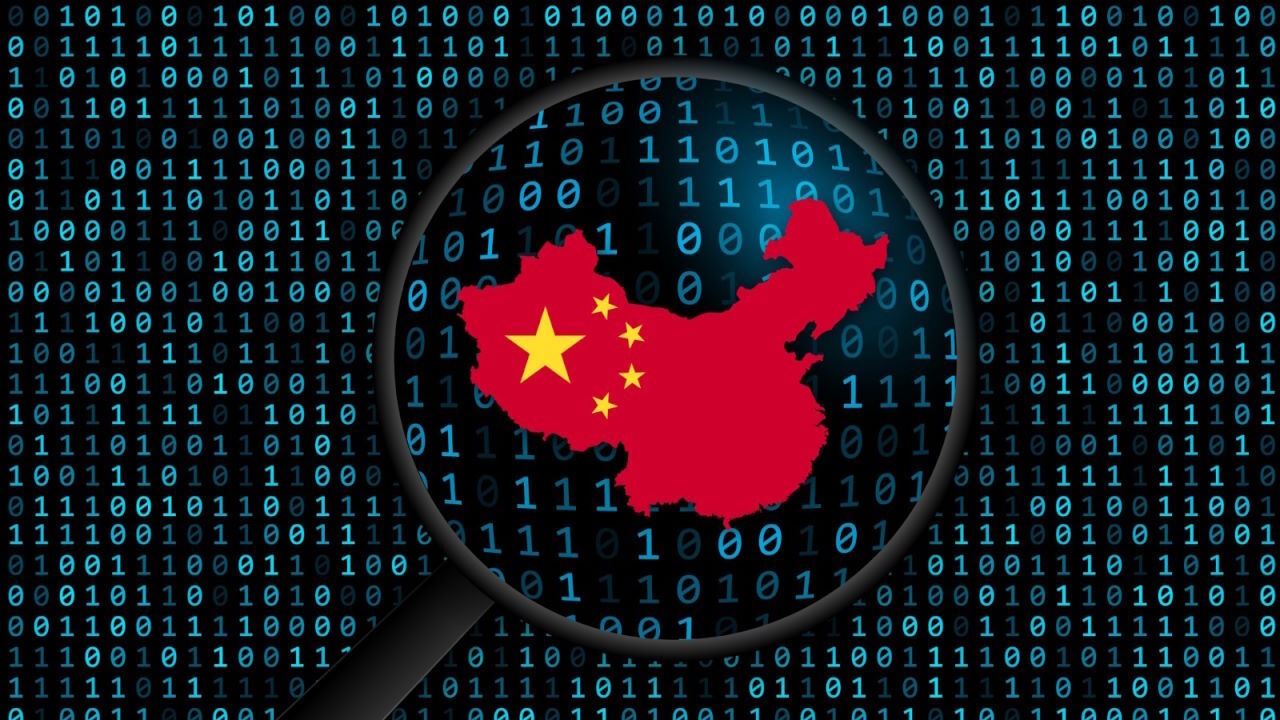
Sometimes they get involved in spying while on the job, often due to the lure of research funding and placement in senior chairs at prestigious think tanks, while at other times they are recruited by spy agencies from University campuses.
Sometimes the motivating factors are ideological, as in the case of the Atomic Spies, who were guided by Communist ideology or the belief that the US alone should not have nuclear weapons.
At other times, the motivating factors are national security or ongoing wars, as was the case during the two World Wars.
But oftentimes, the motivating factors are purely materialistic.
However, what’s for sure is that Tellis is neither the first nor will be the last case of scholars working as spies.
- Sumit Ahlawat has over a decade of experience in news media. He has worked with Press Trust of India, Times Now, Zee News, Economic Times, and Microsoft News. He holds a Master’s Degree in International Media and Modern History from the University of Sheffield, UK.
- VIEWS PERSONAL OF THE AUTHOR.
- He can be reached at ahlawat.sumit85 (at) gmail.com

